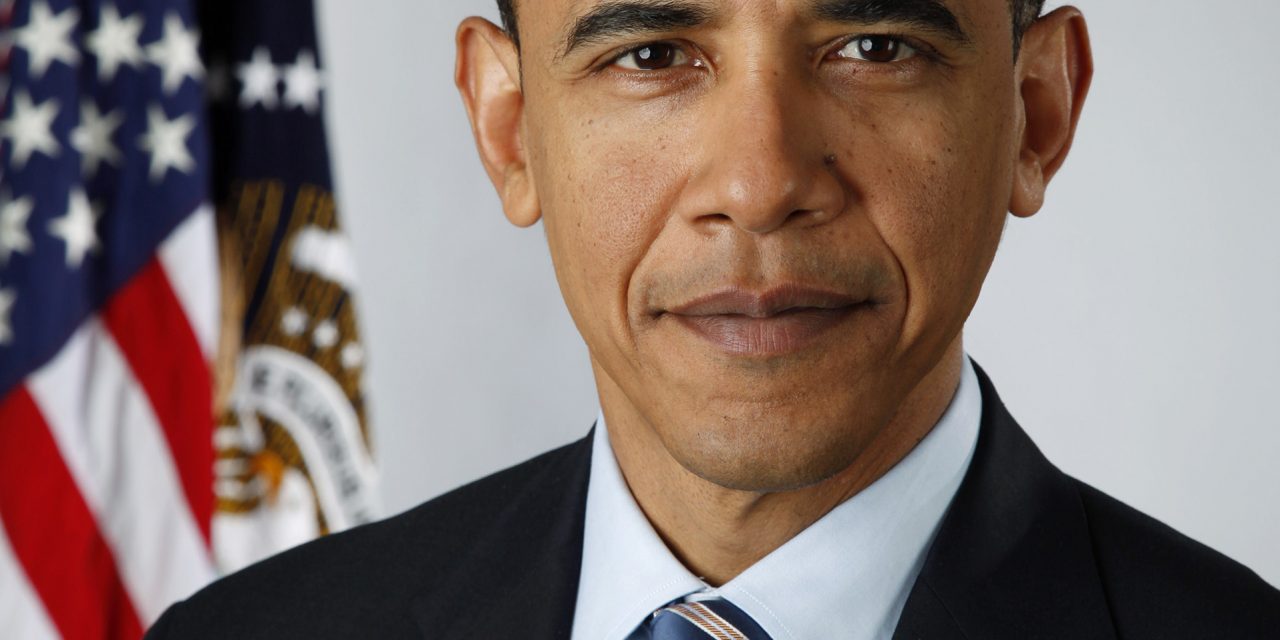In the preface to Barack Obama’s memoir “A Promised Land,” the former president states that this book is for young people who are hopeful about making the world a better place. Shortly after its release, the former president’s memoir became notorious within Generation Z for a paragraph where he explains his attempts to use philosophical literature to attract women. Various memes and videos quickly circulated, highlighting a teenage Obama’s search for the “ethereal bisexual” and “long-legged socialist.” While he didn’t plan for his book to have this kind of reaction among zoomers, this moment shouldn’t push away new readers, young or old. “A Promised Land” is a well-written examination of the presidency that explores Obama’s journey to becoming the 44th president of the United States.
“A Promised Land,” the first of two volumes, follows the former president from his childhood to the middle of his first term. The memoir begins by exploring Obama’s relationship with his mother, Ann Dunham, who he describes as politically aware and compassionate. Dunham’s influence isn’t limited to Obama’s early life — her teachings guide his decisions throughout the book and his adulthood.
The importance of working together is a common theme within the memoir. Dunham introduces the idea of cooperation to Obama with a choice: does he want to be the kind of person who cares for others or only for himself? The majority of Obama’s campaign policies and speeches while running for both the Senate and presidency reflect this idea. However, the memoir best explores this theme of teamwork through the author’s descriptions of various people involved with his campaigns. The early chapters of the memoir emphasize the events of the 2008 presidential campaign and interweave references to campaign staff members ranging from personal aide Reggie Love to chief strategist David Axelrod. Obama’s charisma shines in these areas as he describes his connections with the group through colorful anecdotes. These smaller stories not only provide a sneak peek into Obama’s close relationships, but they also demonstrate the importance of collaboration to the former president.

Barack Obama, 44th president of the United States. Credit: Wikimedia Commons
Along with camaraderie, Obama also discusses race in “A Promised Land,” exploring the internal debate he had in his youth and the racism he experienced during his campaign and while in office. One such example is that of Billy Shaheen, a member of Hillary Clinton’s campaign who accused Obama of dealing drugs in college. Shaheen resigned and Clinton apologized, but Obama describes how the racism continued in more subtle ways. During a speech, former President Bill Clinton noted that Obama’s thoughts on the Iraq War were like a “fairy tale,” which, as Obama notes, a lot of African American voters thought meant that the election of an African American president was unrealistic. Obama also recounts racism he experienced from the public, such as Confederate flag-wielding protesters telling him to “go home.” These moments are the most emotional within the memoir, as Obama struggles to unite the American people while being psychologically worn down by their bigotry. The fact that this prejudice continued to affect him after becoming president, one of the most powerful positions in the country, highlights a painful reality that African Americans face within the county. While those contrasting thoughts ran rampant through Obama’s head as he accepted the Democratic Party’s nomination, he describes himself as continuing to seek a better future through his presidency and not letting social prejudice hold him back.
The memoir’s focus on Obama’s personal history, however, also hampers the reader’s investment in the story as a whole. Obama’s attempt to build tension works well in describing how the people close to him felt about his actions, but it doesn’t leave readers with much anticipation. When Obama describes a heartfelt conversation between him and Michelle about his tight 1996 Senate race, tension builds and readers begin to understand the people close to the former president in a more nuanced light. But readers know, for example, that Obama won the race, and thus they aren’t on the edge of their seat to find out what happens. This, however, is less a fault of the author and more an issue with the material — when writing about well-known history, it’s difficult to surprise people with an unexpected twist. Other memoirs such as Tara Westover’s “Educated” and Maxine Hong Kingston’s “The Woman Warrior” succeed with building tension and shocking readers because the events of the authors’ lives are less familiar to the general public.
Obama ends “A Promised Land” with two controversial events: the “birther” accusations proliferated by U.S. President Donald Trump and the assassination of Osama bin Laden. Obama delves into the press conference he held to trivialize Trump’s conspiracy while simultaneously giving a play-by-play of the raid that killed bin Laden. His decision to end with these two topics is a cliffhanger, and he leaves readers with many questions: what were the worldwide implications of these events? Obama describes the death of bin Laden as an event that brought people together in celebration and, while somewhat positive, bin Laden’s death left Obama with mixed emotions as he questioned its moral implications. Obama’s addition of Trump in this chapter not only introduces growing support for the factually absent agenda, but portends Trump’s eventual election.
“A Promised Land” is more than a historical account of the former president’s life; it encapsulates hope and determination. When confronted with political adversaries and prejudice, Obama never stopped working for what he felt was right. This memoir will inspire readers to affect change in society and wait in anticipation for a second volume.
Eythen Anthony (he/him) (23C) is a Creative Writing and Psychology major from West Virginia. His writing has been featured in the Viral Plays Project and the Lenaia Playwriting Festival. He's also a finalist for the 2019 Crossword Hobbyist Crossword Scholarship. In his free time, Anthony enjoys collecting Blu-rays, attending punk shows and reading. Contact Anthony at eythen.aaron.anthony@emory.edu.




